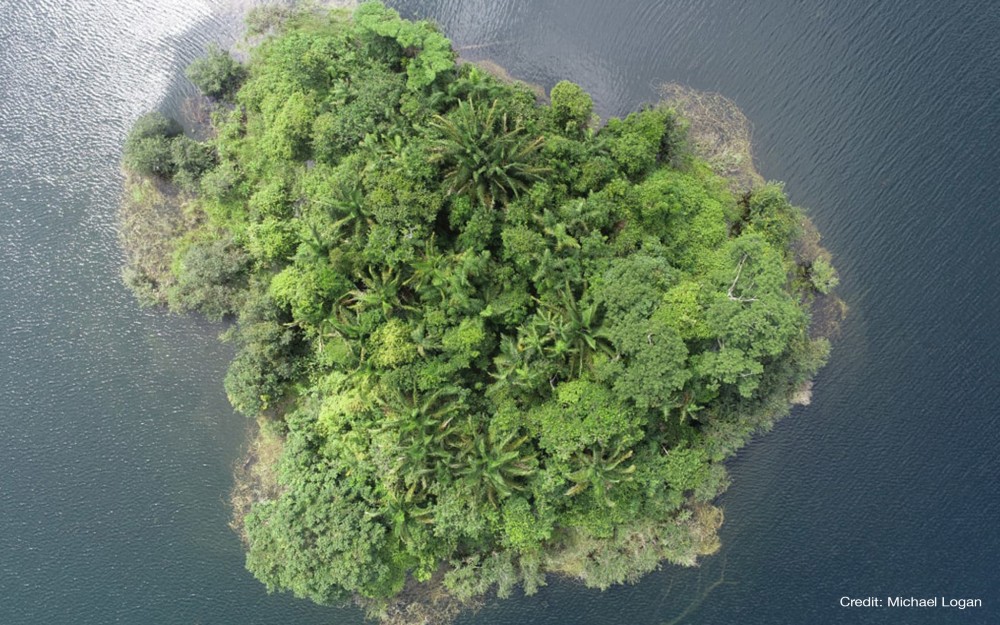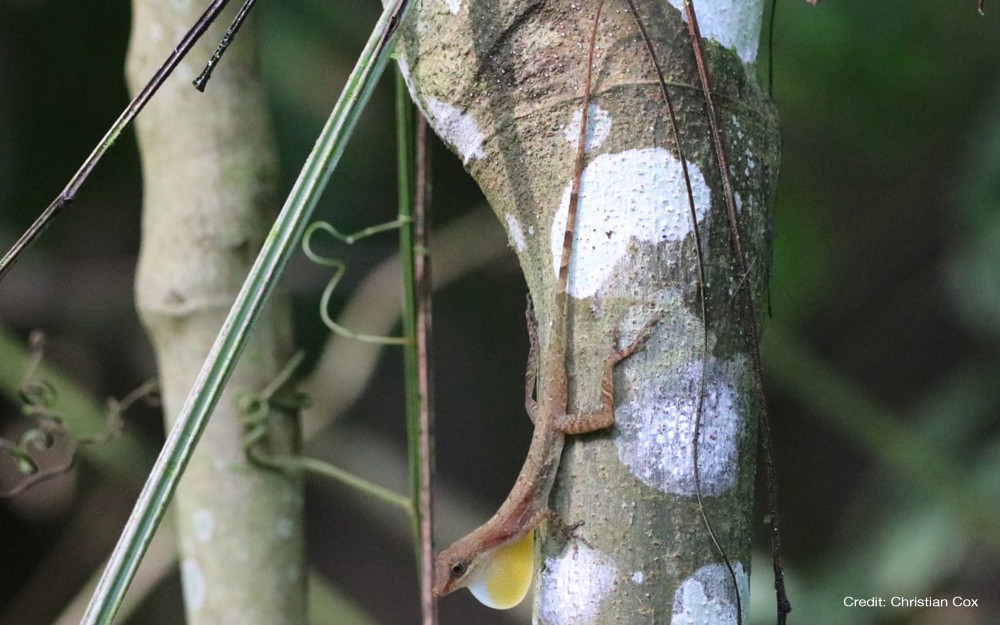- Title: Understanding Rules of Life (URoL) - Integrating Responses to Environmental Change Across the Biological Hierarchy: Interactions Between Behavior, Plasticity, and Genetic Change
- Principal Investigators: Christian Cox
- Funding Amount: $468,517
- Funding Source: National Science Foundation
- Timeline: 12/01/20–11/30/25
Throughout the history of life on earth, organisms have experienced rapid changes in their environments. These can include changes in abiotic or biotic variables that arise from local shifts in climate, the colonization of new habitats, or anthropogenic disturbances (e.g., habitat alteration, pollution, invasive species). Many populations have persisted in the face of ancient climatic fluctuations, and others have experienced environmental change as they disperse and establish on new continents and islands, with successful colonizers often radiating into new branches on the tree of life. In the modern world, human activities are dramatically altering many environments, and it is important to be able to predict the effects of these changes on the viability of populations.
Here, we build on an existing transplant experiment that moved Anolis lizards from a single source population to islands in the Panama Canal that vary in habitat structure and local climate.


In collaboration with Michael Logan at the University of Nevada Reno, this research tests how a tropical forest lizard can respond to climate change by establishing experimental populations on islands in the Panama Canal. These islands are hotter and more variable than the mainland rainforests of the source populations. We are measuring 1) phenotypic and physiological change, 2) selection (viability and fecundity) on thermal physiological traits, 3) the gene expression response under thermal change, and 4) identifying genomic regions that are important for thermal adaptation.We are also using this powerful experimental system to address a variety of other questions in ecology and evolutionary biology.
Read about this project in FIU News about how parasites may help curb invasive species of lizards. Find out more about the Cox Lab for Integrative Evolutionary Biology.
Team
Principal Investigator
Christian Cox
Assistant Professor
305-348-2201
ccox@fiu.edu
